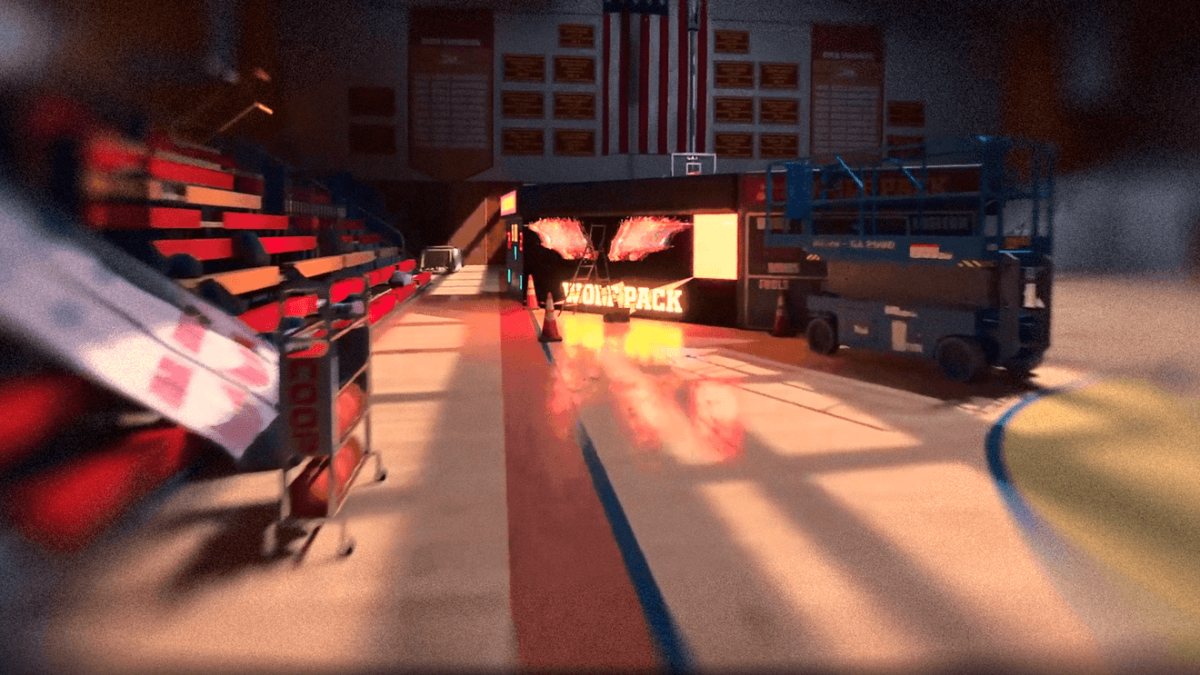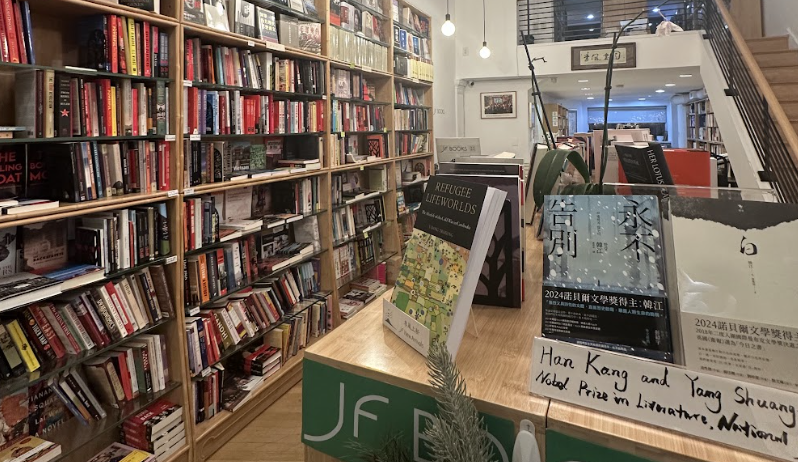Isolation. Fear. Secrecy. Sensuality. Human bonding. For this year’s production of Frances Goodrich’s “The Diary of Anne Frank,” director Christopher Gerken promises to present a show far beyond anything the Whitman stage has ever seen. The show runs Feb. 24-26.After analyzing the script for “The Crucible,” the play he originally proposed, Gerken realized he didn’t have sufficient time to educate the actors on the McCarthyism and extreme anti-communist sentiments rooted in the story. Since Gerken’s choice for this year’s musical, “Side Show,” was an obscure selection, he also said he wanted to perform a more familiar story.
“When I researched ‘The Diary of Anne Frank,’ I saw that it’s rarely done in the community,” Gerken said. “I saw it as a great opportunity.”
The play’s adaptation of Anne Frank’s diary is different from the one most middle school students read, delving deeper into Frank’s experiences going through puberty. As with many of his other production choices, this adaptation focuses on realism and honesty.
“Students like edgy things, and we want to show Anne’s voice,” he said.
Unlike previous productions, none of the actors will leave the stage during the performance, including intermission, because the people hiding in the annex, the Franks and Van Daans, wouldn’t have been able to leave for fear of being captured. Having the cast remain on stage will help the actors and audience better understand what the families experienced, Gerken said.
The set will feature two levels connected by a flight of stairs, a setup similar to the actual annex. Junior Brian Clarkson, a sound director, describes it as the inside of a house cut in half. Since actors will need to walk on the upper level throughout the show, Clarkson said additional construction is necessary to better stabilize the structure.
Lighting will also pose a challenge. While most productions just rely on overhead lights, “Anne Frank” will also require indoor lights and lamps to prevent dark shadows from blocking the actors’ visibility on stage.
Actors said they view the show as a story more about survival rather than the Holocaust. The play doesn’t primarily explore the events of World War II, but instead focuses on life in the annex and relationships among the characters.
“The bonding and coming really close together is what we want to portray,” said junior Sophie van Bastelear, who plays the titular role.
After exams, the cast took a trip to the Holocaust Museum in an effort to gain further insight into their character’s lives. At the museum, senior Jacob Trauberman, who plays Anne’s father, talked to Holocaust survivors about their personal experiences, conversations that he said helped him develop his character.
“It was an emotional roller-coaster,” he said. “I think I got a better feel of the tense feel that was there every day. There’s only so much character development you can do on your own.”
With the loss of more Holocaust survivors every year and the continued importance of Frank’s story, Gerken saw the chance to perform this particular play as a necessary educational opportunity.
“I feel that we need to tell this story and continue telling this story,” he said. “Every decade we lose more survivors, and soon, we will have no one to tell the story.”









